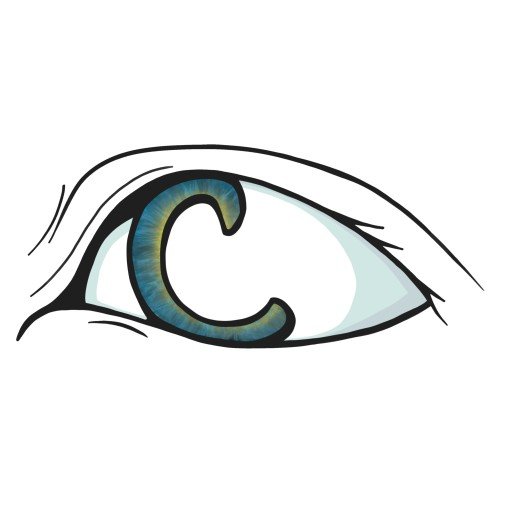To date, Cardano’s Project Catalyst has inspired more than 2,500 people to submit more than 4300 project proposals for community consideration. An even wider circle of participants have served as Proposal Assessors and Veteran Proposal Assessors, rating and reviewing every single proposal before community voting. More than 1600 project proposals have won funding, to the tune of 39 million dollars in ada. Funded projects dutifully submit monthly reports and completion reports, while building websites, DApps, Discord channels, physical community hubs, and GitHub repos full of the fruits of their labors.
While all the data behind these amazing numbers - the people, the projects, the results - have always been hypothetically public, actually accessing and understanding it has been difficult. Disparate Google spreadsheets and web archives held voting results, proposal assessments, unfunded proposal records, and project reports - all in different places. If you could manage to track one down, it was still up to you to click through the many tabs and rows of raw data.
With the ability to understand our collective work comes the ability to inspire each other, to iterate on what has come before, to keep each other in check, to collaborate with like minds, to do the deep research that will lead to the next breakthrough. Knowledge is power, and the Catalyst community needed a way to harness this horse.
Introducing Catalyst Explorer
In Project Catalyst Fund 9, Lido Nation was funded to build out our Catalyst Explorer tool. The numbers in the opening paragraph of this article were found not by sifting, sorting and summing through umpteen assorted spreadsheets. Instead I simply toggled a few intuitive filters on Lido Nation’s Catalyst Explorer. Beyond the ability to do this kind of quick analysis, we hope this tool will help the Catalyst community to go deep, connect, and think big together.
Search and Filter
The first layer of exploration in Catalyst Explorer is like a super smooth shopping app: all the filters you need to find just what you are looking for. You can explore proposals, monthly reports, people, and groups. Filter proposals by funding status or budget size, Fund, Campaign, key words, and more. There are currently 11 filter layers, including community-contributed filters that identify women-led proposals, Impact proposals, and other community sourced data groupings. If you’re not sure what you’re even looking for, visit the Charts page to see some Catalyst stats and feed your curiosity about the people and projects behind them.
Claim your profile
New this month, people and teams can claim their profiles in Catalyst Explorer. Ownership verification happens through Ideascale. This provides secure confirmation that profiles are controlled by the right person. Once you have claimed your personal or team profile, you can edit it. You may wish to provide updated or more complete information about yourself, your team, or your work. You can provide links to your software repositories, YouTube, Discord, Twitter, Medium, or YouTube channels. When public users comment on your projects, you can receive notifications and respond. When you are working on your next Catalyst proposal and answering the question about “how the community can follow your progress”, you can just point them to Catalyst Explorer, and rack up new followers there!
Follow the leaders
You can now “Follow” people, projects, and teams using Catalyst Explorer. When you follow a page, you will receive email summaries of new updates on that listing. Currently this includes monthly project reports, development update messages pulled from the project git repository, and the latest posts from a linked YouTube channel. You can also leave comments on project reports to give feedback and kudos on project progress.
Assess the Assessors and the Assessor Assessors
Another new feature for the community is the ability to view Proposal Assessments and VPA scores easily, and through multiple lenses. You can read assessments in the way you may have seen them in the voting app – associated with individual proposals. But you can now also view them grouped by assessor. The identities of Proposal Assessors are anonymous, however their work is public. We can learn from seeing how different assessors work, and how VPA scores are meted out.
Conclusion
One key to building a great decentralized community is the concept of distributed accountability. Accountability can sound uncomfortable - like sitting in a room full of tattletales and cyber bullies who are all looking at you. When it’s done well, it means something very different. Good accountability is like a gym buddy or a study partner; we are here to share knowledge and spot each others’ heavy lifts. We at Lido Nation hope that the Catalyst Explorer can help us all become good blockchain citizens that can confidently participate in distributed accountability and build a strong community.
Check out Catalyst Explorer in the site menu!



It sounds great. I can’t wait to check it out!
Nice! I made a login for idea scale months ago. Then got lost in all the proposals! I am going to see if I can figure out how to “Claim” my profile. Keep up the good work! Catalyst Circle was my 1st time voting. Can’t wait to get started with project catalyst for real for real!